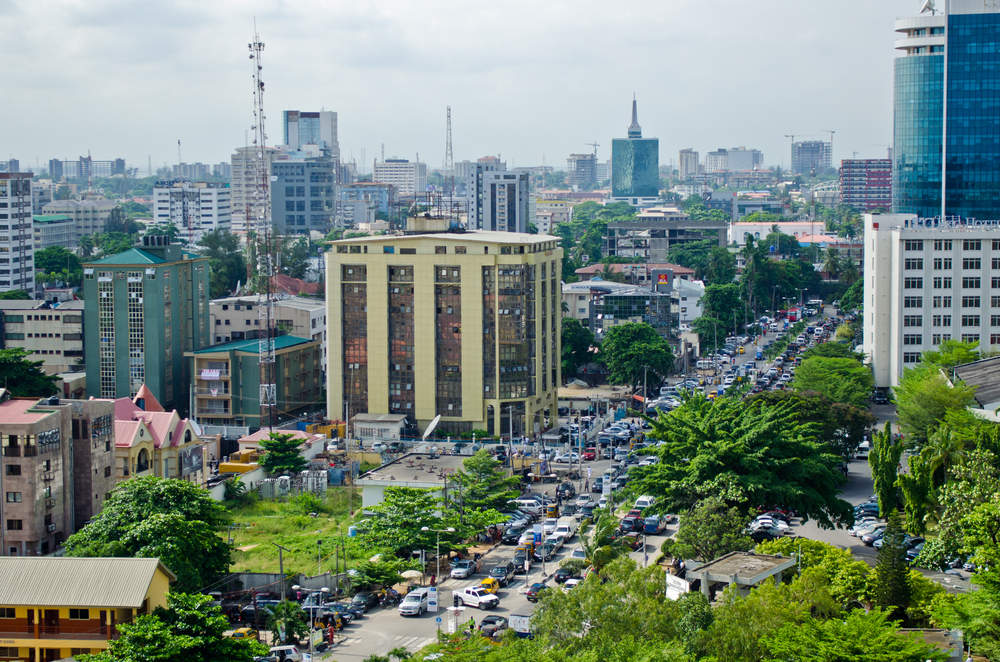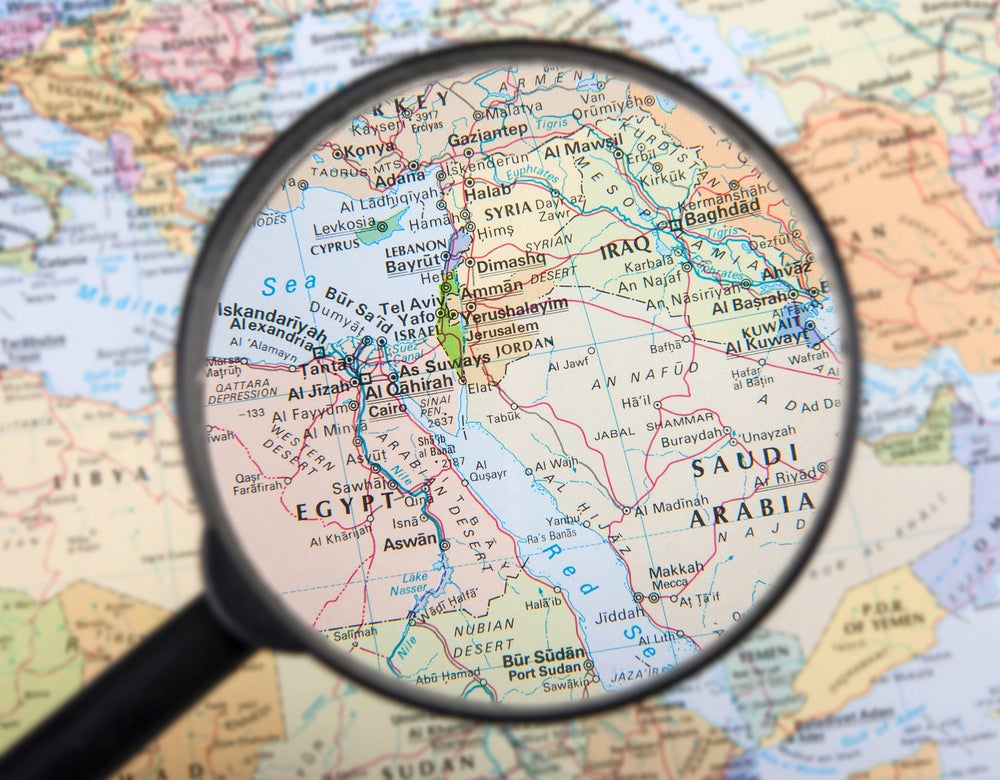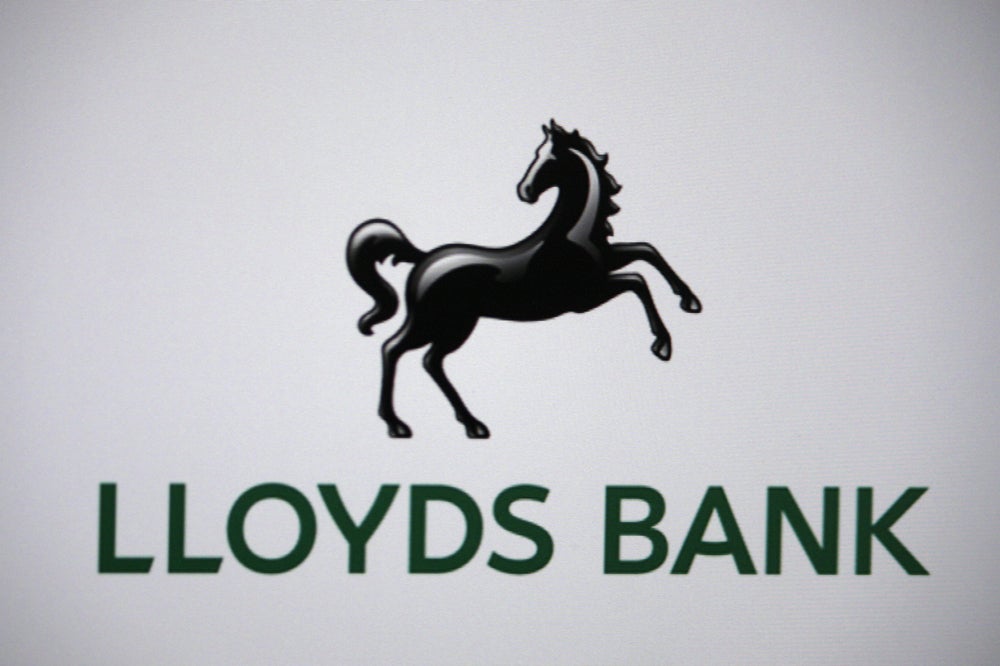
Use of cash for consumer payments remains highly prevalent among Nigerians, especially for the country’s large rural population. This is primarily a result of a combination of limited public awareness of other payment instruments, and restricted access to banking infrastructure.
However, the Central Bank of Nigeria (CBN) has taken a number of steps to improve this situation. As part of its Financial System Strategy 2020, the CBN is focusing on bringing the unbanked population into the formal banking system, as well as promoting the use and acceptance of electronic payments in the country.
Banks are also attempting to address the issue by launching basic and low-cost banking accounts, expanding the overall payment infrastructure, and making ongoing efforts to change Nigerian consumer payment habits.
A rise in the economically active population, the advent of digital-only banks, the growing popularity of online shopping, the gradual acceptance of cards by retailers, and the proliferation of new payment solutions will help to drive electronic payments in Nigeria.
Banked population
More than half of Nigeria’s total population is unbanked.
As part of the central bank’s financial inclusion programme, banks are striving to provide unbanked individuals with access to formal financial services.
How well do you really know your competitors?
Access the most comprehensive Company Profiles on the market, powered by GlobalData. Save hours of research. Gain competitive edge.

Thank you!
Your download email will arrive shortly
Not ready to buy yet? Download a free sample
We are confident about the unique quality of our Company Profiles. However, we want you to make the most beneficial decision for your business, so we offer a free sample that you can download by submitting the below form
By GlobalDataIn one example of this, Access Bank launched the Smart Saver initiative in Nigeria in January 2016 with telecoms operator Airtel Nigeria. The service allows all Airtel subscribers to open an account with the bank directly via mobile phone.
Similarly, United Bank for Africa (UBA) and Visa launched the SmartMoney banking service in 2016, which comprises a prepaid card and a mobile app. This service enables users to make in-store and online purchases, and withdraw cash from ATM terminals.
Credit cards
The credit card market accounted for just 0.5% of the total value of payment cards in 2017.
To increase adoption, banks target less risky segments such as salaried individuals and high-income consumers. Many banks offer discounts, cashback, reward points, and loyalty programmes to encourage consumer usage.
For example, Ecobank Mastercard Advantage credit card holders receive discounts of between 3% and 20% at partner retailers. In 2017, Access Bank launched a loyalty programme, Rewarding Every Act of Loyalty, that allows credit card customers to earn and redeem reward points on card purchases.
Non-bank cards
In a move to boost Nigeria’s underpenetrated credit card market, financial services business O3 Capital Nigeria launched the country’s first non-bank credit card in September 2014. Naira-denominated credit cards are issued to consumers with a limit range of NGN100,000–1.5m ($277.80–4,166.70).
The card is issued free of charge, and offers an interest-free credit period of 15 days and a minimum monthly payment of 10%. The company set relatively relaxed qualification criteria – anyone aged above 21 years who is employed and lives in Nigeria can apply.
The company also offers the O3 Business credit card and the O3 Corporate credit card, and in May 2015 it partnered with retail chain Game to launch the O3 Game credit card. The card is issued free of charge, and has a credit limit of between $277.80 and $4,166.70.
E-commerce growth
The Nigerian e-commerce market recorded a robust (CAGR) of 30.2% in five years, rising from $333.2m in 2013 to $956.5m in 2017.
Traditional payment instruments – which include cash, cheques, bank transfers and payment cards – remain the preferred method of payment for online shoppers in Nigeria, and collectively accounted for 73.3% of total e-commerce transaction value in 2017.
Alternative payments such as KongaPay, Paga, and PocketMoni are also increasingly used for e-commerce purchases.
Payment infrastructure
Transaction volumes at POS terminals increased from 12.3 million in 2013 to 103.8 million in 2017, at a CAGR of 70.4%, while the transaction value increased from $578.64m to $3.50bn, at a CAGR of 56.8%.
With a growing preference for card payments, banks and payment service providers in Nigeria are launching low-cost mPOS terminals.
In 2016, fintech business Innovectives introduced an EMV-compliant mPOS terminal, called SmartPesa, onto the Nigerian market. The terminal provides a range of benefits, with costs reduced by 20% compared to conventional POS terminals.
In other similar moves, UBA launched mPOS terminals in Nigeria in January 2015, while Mastercard aligned with FirstBank and GTBank to deliver mPOS terminals to SMEs in Nigeria in March 2015, enabling them to accept card-based payments.







